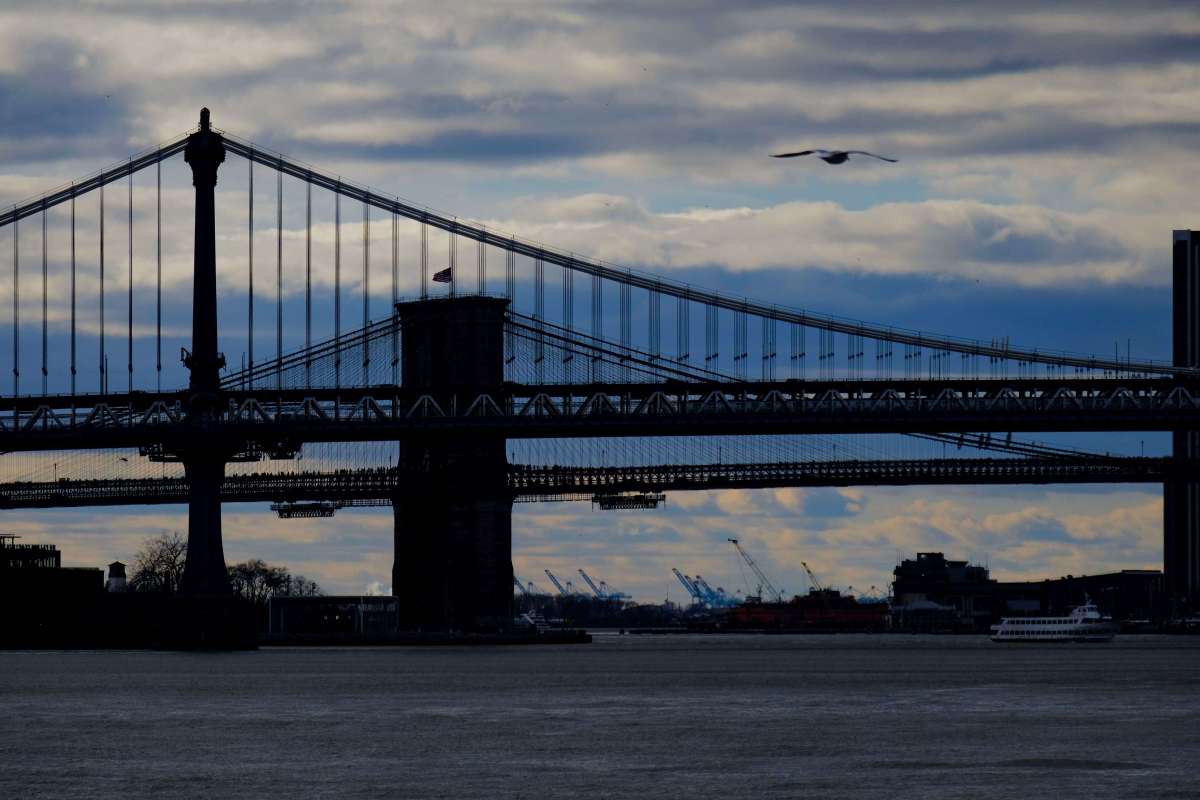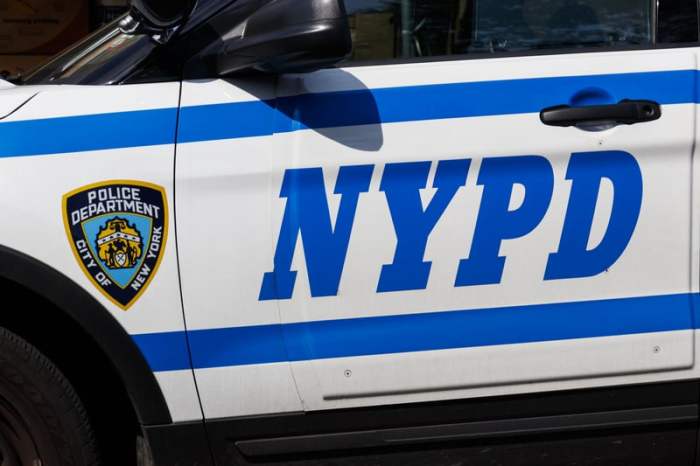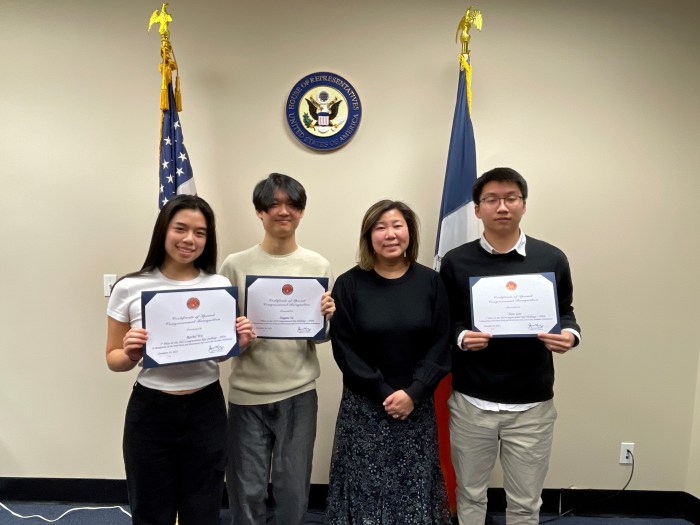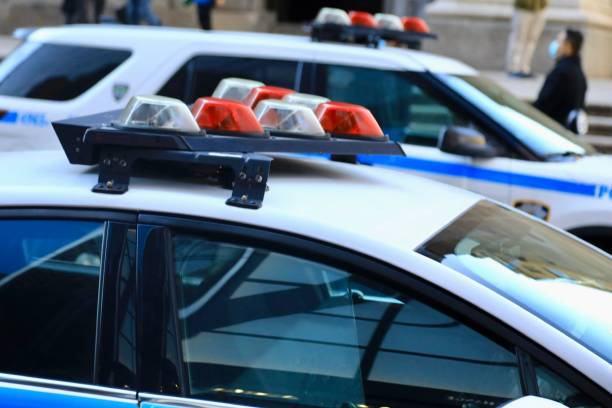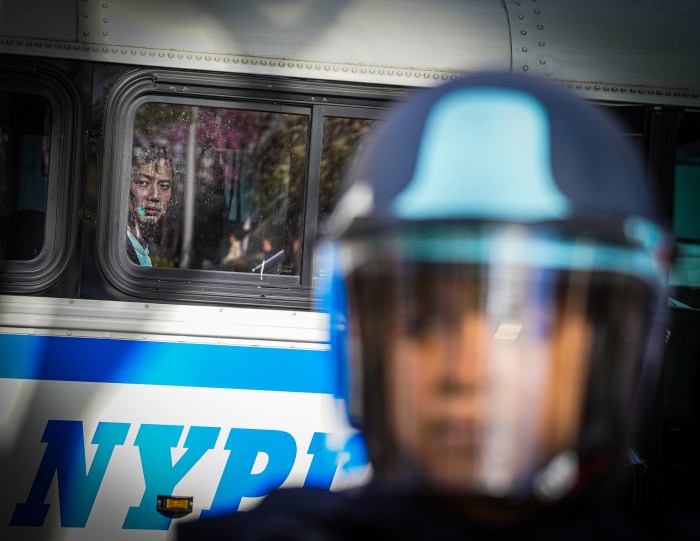Although support for Mayor Bill de Blasio’s millionaire’s tax proposal failed to gain traction with the state when the idea was fielded as an alternative to congestion pricing, the mayor is now backing Governor Andrew Cuomo’s plan to fund the MTA.
De Blasio released a statement on Feb. 26 conceding that time has run out for any alternative to congestion pricing, a toll on cars entering Manhattan below 60th Street, and that he would work with the state to launch the program projected to raise up to $15 billion for transit.
Cuomo and de Blasio announced a joint plan to reorganize the MTA in a way that integrates funding through congestion pricing.
“Working New Yorkers struggle every day to get around our city. We cannot let another year pass without action that makes people’s lives easier,” de Blasio said. “This crisis runs deeper than ever before, and it’s now clear there is no way to address it without congestion pricing and other dedicated revenue streams. The time to act is now.”
In August 2017, after Cuomo determined that congestion pricing is a viable option for creating a dedicated revenue stream for the MTA, de Blasio called for an income tax rate increase from 3.876 percent to 4.41 percent on individuals making salaries of $500,000 and married couples earning a combined income of $1 million.
This would only impact about 0.8 percent of the population, but Cuomo and then-MTA Chair Joe Lhota decided that the agency did not have time to wait for tax season to get funding.
A year and a half later, congestion pricing is still only a proposal and the MTA still does not have a dedicated funding source. The millionaire’s tax was projected to have raised about $700 million by the start of 2018.
“The proposal we’re announcing today addresses concerns I’ve raised related to a lockbox for transit, fairness to the outer boroughs and accommodating hardships. I still believe a Millionaires Tax provides the best, most sustainable revenue source for the transit improvements our city needs. But the time to act is running out, and among all alternatives, congestion pricing has the greatest prospects for immediate success. In light of this reality, it is my hope that critics of congestion pricing will join me in acknowledging its necessity.
The 10-point proposal release by the governor’s office will do away with the agency’s “holding company” design dreamed up in 1968 which separates the MTA into multiple facets and will streamline the process of improvements by centralizing operations.
Tolling equipment will installed along the borders of Manhattan’s central business district no later that December 2020, the governor’s office said, but no details on how much motorists would be forced to pay was released.
Earlier proposals from the FixNYC panel in January 2018 called for an $11 toll on cars, however.
“Governor Cuomo and Mayor de Blasio are in full agreement: eyes are now solely on the Albany Legislature to fix New York’s broken transit system by passing a comprehensive congestion pricing plan in this year’s budget,” said Jason Kaplan, a spokesperson for the Fix Our Transit coalition.
The deadline to include congestion pricing in the 2020 executive budget is April 1.
The MTA restructuring would also save commuters the pain of raised fares by limiting the amount the agency can raise costs by limiting it to a 2 percent inflationary increase.
MTA board members would also end with the terms of the elected officials who appointed them, according to the governor, and the capital plan will be reviewed and approved by a committee of experts with no financial ties to the agency.
De Blasio also called on elected officials such as Councilman Barry Grodenchik, Assemblyman David Weprin and state Sen. Leroy Comrie, who have been opposed to congestion pricing from the beginning to accept the strategy.
Legislature approval of congestion pricing failed to gain consent from the state senate at a January hearing, however, with officials such as newly elected state Senator John Liu claiming there were not enough details to consent to such a plan.

